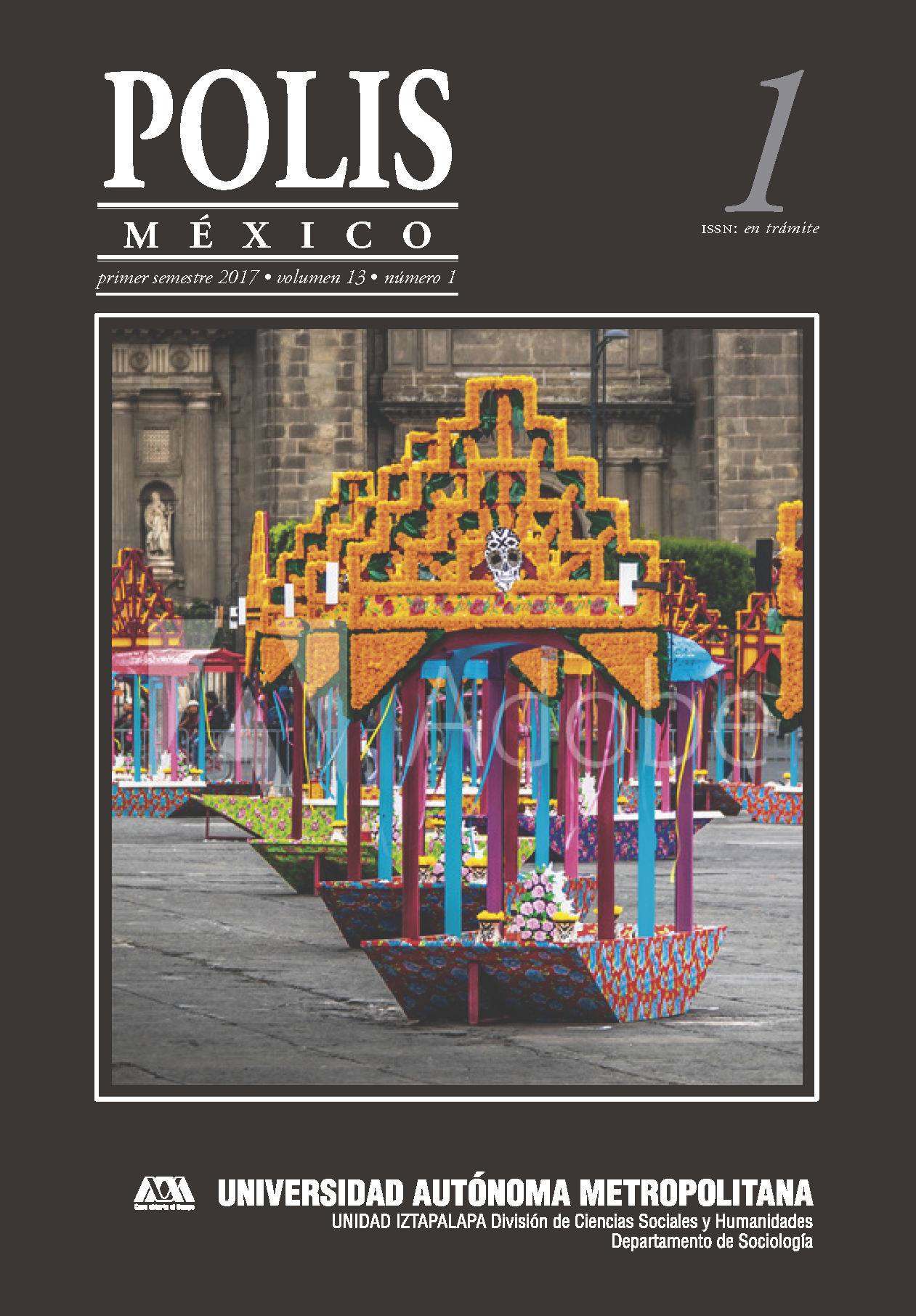The group challenges of cooperation in education
Keywords:
Cooperation, learning, interaction.Abstract
ABSTRACT
The present paper analyzes the implications of the concept of cooperation and proposes to differentiate between instrumental cooperation and non - instrumental cooperation. The limitations of instrumental cooperation were examined in the case of the individualist conception of altruism. The conception of altruism was also considered, not only as a personal attribute but as a value; Which offers the possibility of developing a psychosocial perspective of non-instrumental cooperation. On the other hand, in the context of the group the interpretations of the cooperation, from the model of the prisoner’s dilemma, with the one derived from the theory of social identity, were compared. From the latter it is concluded that cooperation is determined by the social identity of those involved, rather than by positive interdependence in interaction. Finally, the implications for cooperative interaction are described, from perspectives that emphasize the role of language as the maker of the world. In particular, the cases of linguistic pragmatics, ethnomethodology and rhetoric were examined. It is concluded that positive interdependence, as the basis of cooperative learning, leads to the promotion of individual interest, since it is based on the individual convenience of those involved.
Downloads
References
Bernstein, B.
Pedagogía, control simbólico e identidad. Teoría, investigación
y crítica. Madrid: Pearson.
Fultz, J. y R.B. Cialdini
«Determinantes situacionales y de personalidad de la cantidad
y calidad de ayuda». R. A. Hinde y J. Gruebel, Cooperación
y conducta prosocial. Madrid: Visor.
Gergen, K.
«La construcción social: emergencia y potencial». M. Packman
(comp.), Construcciones de la experiencia Humana. Vol.
Barcelona: Gedisa.
Harcourt, A. H.
«Ayuda, cooperación y confianza en animales». R. A. Hinde
y J. Gruebel. (1995), Cooperación y conducta prosocial. Madrid:
Visor.
Heal, J.
«Altruismo. R. A. Hinde y J. Gruebel». (1995), Cooperación
y conducta prosocial. Madrid: Visor.
Ibáñez, T.
«El giro linguíˆístico. L. Íñiguez (ed.), Análisis del discurso.
Manual para ciencias sociales. Barcelona: uoc.
Íñiguez, L.
«El lenguaje en las ciencias sociales: fundamentos, conceptos
y modelos». L. Íñiguez (ed.), Análisis del discurso. Manual
para ciencias sociales. Barcelona: uoc.
Mead, G.H.
Espíritu, persona y sociedad. Desde el punto de vista del conductismo
social. Barcelona: Paidós.
Potter, J.
La representación de la realidad. Discurso, retórica y construcción
social. Barcelona: Paidós.
Sánchez, J.C.
Psicología de los grupos. Teorías, procesos y aplicaciones. Madrid:
McGraw-Hill.
Swap, W.C.
«Percepción de las causas del altruismo. R. A. Hinde y J.
Gruebel
Cooperación y conducta prosocial. Madrid: Visor.
Tajfel, H. (1984). Grupos humanos y categorías sociales. Barcelona: Herder.
Triandis, H.C.
«Diferencias interculturales entre asertividad/competición
y lealtad al grupo / cooperación. R. A. Hinde y J. Gruebel
(1995), Cooperación y conducta prosocial. Madrid: Visor.
Turner, J.C.
Redescubrir el grupo social. Madrid: Morata.



